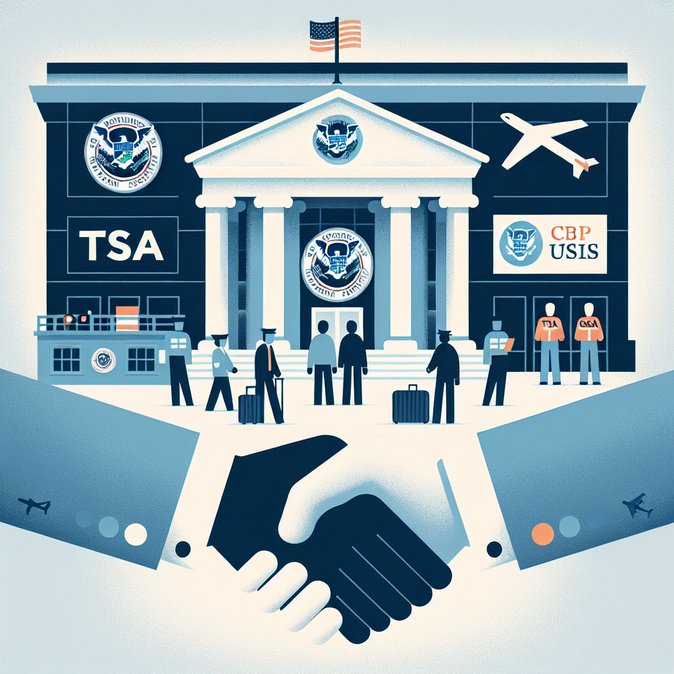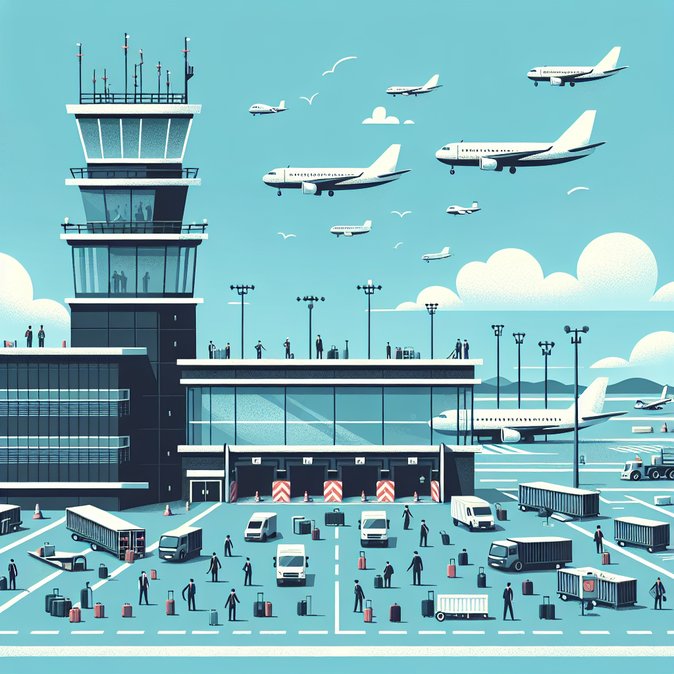
The U.S. Senate voted 60-40 on 10 November to advance a bipartisan bill that would end the 40-day federal shutdown by funding the government through 30 January and including three full-year appropriations titles. While the measure still needs a final Senate vote and House approval, its passage would immediately unlock back pay for some 13,000 Transportation Security Administration screeners, 50,000 Customs and Border Protection (CBP) personnel, and more than 20,000 U.S. Citizenship and Immigration Services employees.
The shutdown has already frozen projects at USCIS, delayed premium-processing upgrades, and forced CBP to suspend Trusted Traveler interviews at several enrolment centres. Travel industry lobbyists say a budget deal is essential to handle the seasonal spike in Global Entry and visa applications ahead of Christmas.
![Senate Advances Stop-Gap Funding Bill that Would Restore Pay for TSA, CBP and USCIS but House Vote Looms]()
Investors and airlines cheered the procedural breakthrough. Airline stocks rallied 3-5 %, and global markets climbed on hopes that delayed economic data—including the October jobs report—will soon be released. However, House Speaker Mike Johnson indicated the Republican-controlled chamber might demand deeper spending cuts, raising the risk of further delay.
For global-mobility program managers, the key implication is timing: if the government reopens this week, TSA and CBP could return to normal staffing before Thanksgiving, easing airport bottlenecks. USCIS would also resume adjudication at full capacity, helping companies awaiting H-1B transfers and employment-authorization documents. If the House fails to act, mobility planning should assume continued backlogs and the possibility of an additional round of furloughs in early 2026.
The shutdown has already frozen projects at USCIS, delayed premium-processing upgrades, and forced CBP to suspend Trusted Traveler interviews at several enrolment centres. Travel industry lobbyists say a budget deal is essential to handle the seasonal spike in Global Entry and visa applications ahead of Christmas.

Investors and airlines cheered the procedural breakthrough. Airline stocks rallied 3-5 %, and global markets climbed on hopes that delayed economic data—including the October jobs report—will soon be released. However, House Speaker Mike Johnson indicated the Republican-controlled chamber might demand deeper spending cuts, raising the risk of further delay.
For global-mobility program managers, the key implication is timing: if the government reopens this week, TSA and CBP could return to normal staffing before Thanksgiving, easing airport bottlenecks. USCIS would also resume adjudication at full capacity, helping companies awaiting H-1B transfers and employment-authorization documents. If the House fails to act, mobility planning should assume continued backlogs and the possibility of an additional round of furloughs in early 2026.


